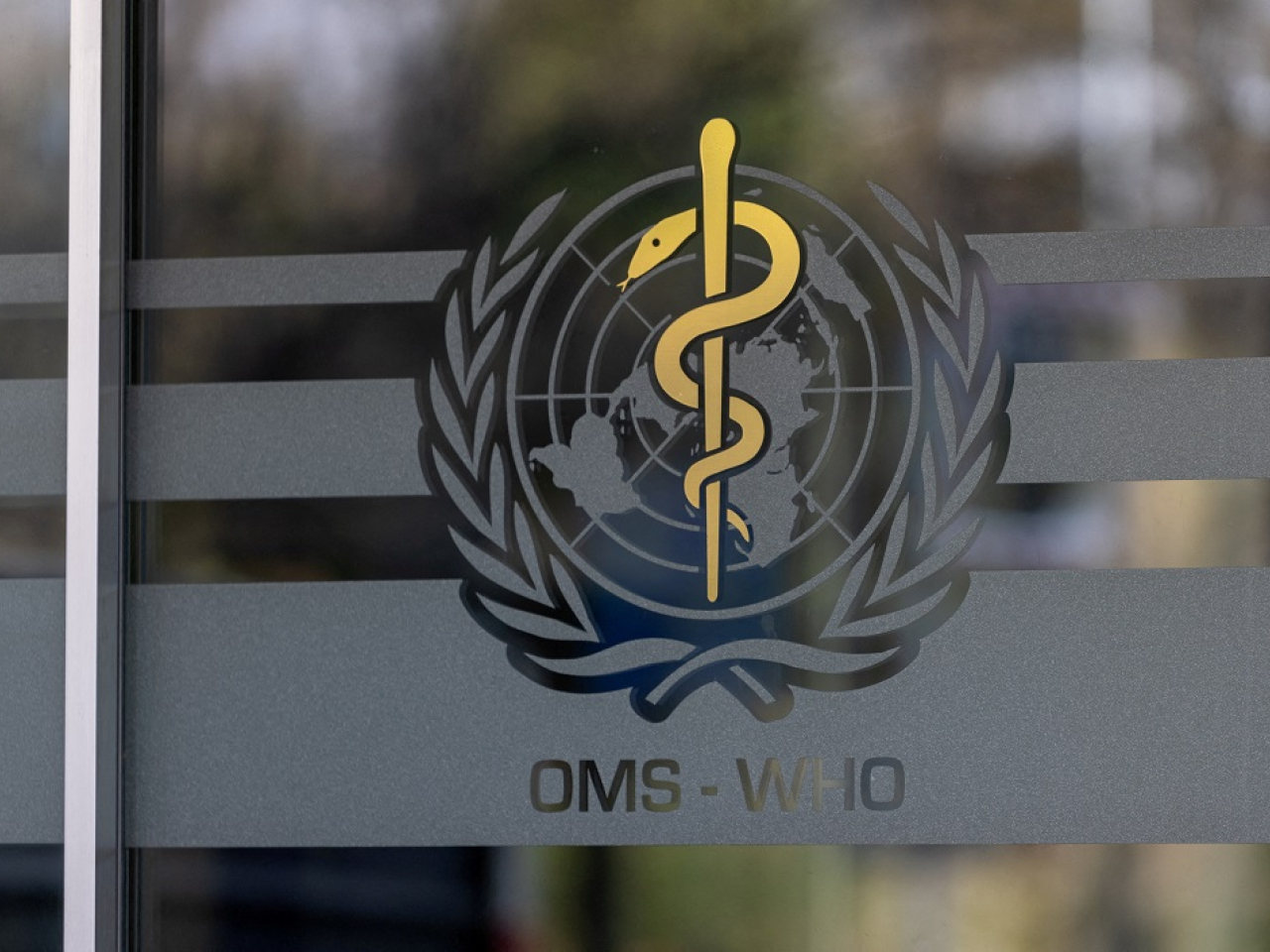Tuberculosis remains the world's leading infectious killer, claiming an estimated 1.23 million lives last year, the World Health Organization (WHO) said on Wednesday as it warned that recent gains made against TB were fragile.
Deaths from TB were down three percent from 2023, while cases dropped by nearly two percent, the WHO said in its annual overview.
An estimated 10.7 million people worldwide fell ill with TB in 2024: 5.8 million men, 3.7 million women and 1.2 million children.
A preventable and curable disease, tuberculosis is caused by bacteria that most often affects the lungs. It spreads through the air when people with TB cough, sneeze or spit.
Now, TB cases and deaths are both declining "for the first time since the Covid-19 pandemic," which disrupted services, said Tereza Kasaeva, head of the WHO department for HIV, TB, hepatitis and sexually transmitted infections.
"Funding cuts and persistent drivers of the epidemic threaten to undo hard-won gains, but with political commitment, sustained investment, and global solidarity, we can turn the tide and end this ancient killer once and for all," she said.
Funding for the fight against TB has stagnated since 2020.
Last year, US$5.9 billion was available for prevention, diagnosis and treatment – way off the target of US$22 billion annually by 2027.
Last year, eight countries accounted for two-thirds of global TB cases.
They were India (25 percent), Indonesia (10 percent), the Philippines (6.8 percent), China (6.5 percent), Pakistan (6.3 percent), Nigeria (4.8 percent), the Democratic Republic of Congo (3.9 percent) and Bangladesh (3.6 percent).
The five major risk factors driving the epidemic are under-nutrition, HIV infection, diabetes, smoking and alcohol use disorders.
TB is the leading killer of people with HIV, with last year's death toll standing at 150,000.
In 2024, 8.3 million people were newly diagnosed with TB and accessed treatment.
This is a record high, which the WHO attributed to reaching more of the people who fell ill with the disease.
Last year, treatment success rates rose from 68 percent to 71 percent.
The WHO estimates that timely TB treatment has saved 83 million lives since 2000. (AFP)





